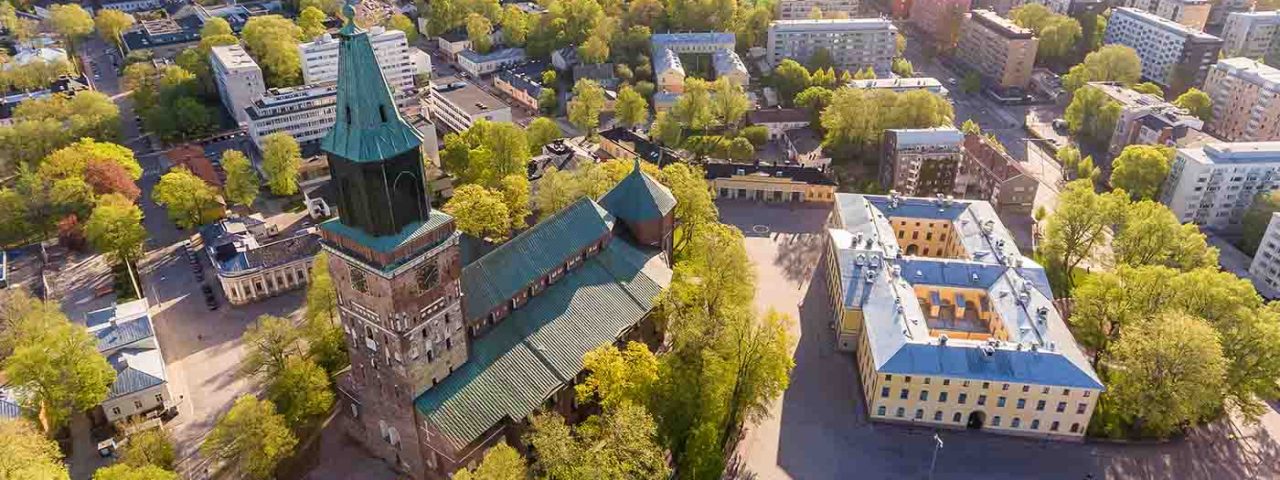Speakers
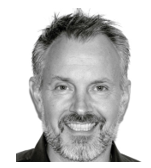
Dr. H. Bjørn Nielsen, PhD., serves as the Chief Scientific Officer at Clinical Microbiomics A/S. In his role, Bjørn oversees the scientific direction and spearheads research and innovation efforts within the organization.
With over a decade of experience in microbiome research, Bjørn has significantly contributed to defining key concepts within the field.

Aura Raulo is a Postdoctoral Fellow at Department of Computing of University of Turku and Department of Biology at University of Oxford.
In her research, she has addressed the social and spatial transmission of microbes in wild animal populations, and developed e.g., Bayesian modeling tools for these systems.
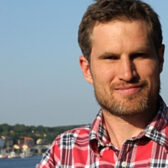
Anders Andersson leads a research group in environmental genomics as an Associate Professor at the KTH Royal Institute of Technology in Stockholm.
He has used meta-omic approaches to study the function, regulation, and evolution of microbial populations in the Baltic Sea, but also in animal and engineered ecosystems.
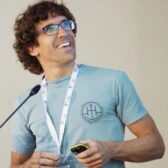
Antton Alberdi works as an Associate Professor at the Center for Evolutionary Hologenomics in the GLOBE Institute of University of Copenhagen.
His research focuses on animal associated microbiomes and development of spatial multi-omics in these systems.

Katariina Pärnänen works as a Postdoctoral Fellow at Department of Computing of University of Turku.
Her research focuses on the spread of antibiotic resistance genes in the human gut and its connections with lifestyle, spatial patterns, and dietary choices.
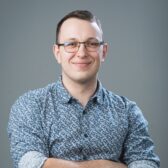
Oliver Aasmets is a Research Fellow of Statistical Metagenomics at the Estonian Genome Center of University of Tartu.
He has studied connections between multiple chronic diseases and the human gut microbiome in the Estonian microbiome cohort using multi-omic data and machine learning.

Antti Karkman works as a university lecturer in microbial bioinformatics at the University of Helsinki.
He studies microbial communities and antibiotic resistance in various environments using computational methods.
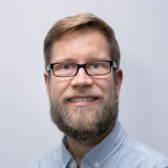
Tommi Vatanen is an associate professor of microbiology at the Helsinki Institute of Life Science (HiLIFE), University of Helsinki.
His research group develops and utilizes computational models, machine learning and bioinformatics to understand the dynamics of human microbial communities – predominantly the gut microbiomes – and their implications to human development, health and wellbeing.
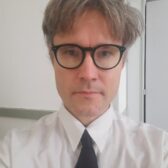
Leo Lahti’s research focuses on computational microbiome research and population cohort studies at the Department of Computing, University of Turku.
He is professor in Data Science and member of the global Bioconductor Community Advisory Board.

Matti Ruuskanen works as a postdoctoral researcher at the Department of Computing, University of Turku.
In his current research, he focuses on the connections between human microbiomes, chronic diseases, and associated spatial patterns in large population cohorts.
